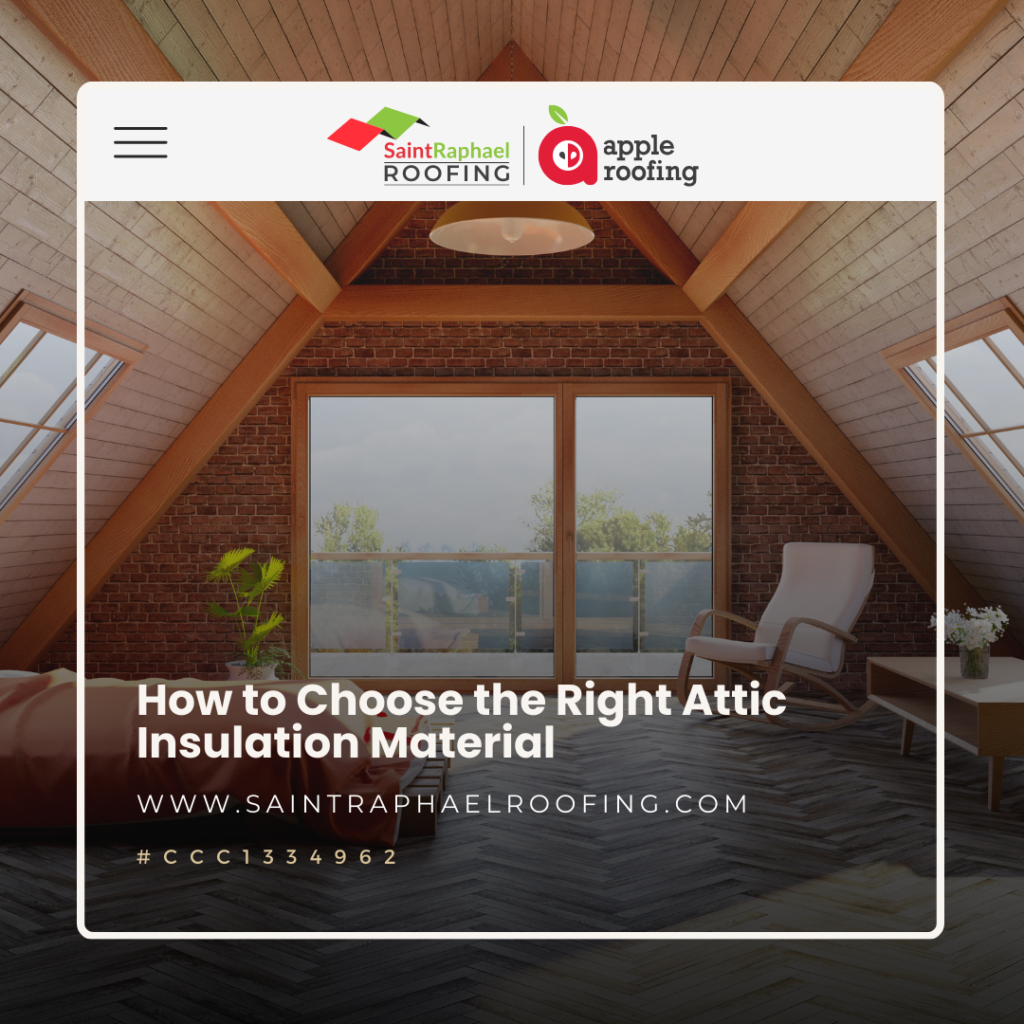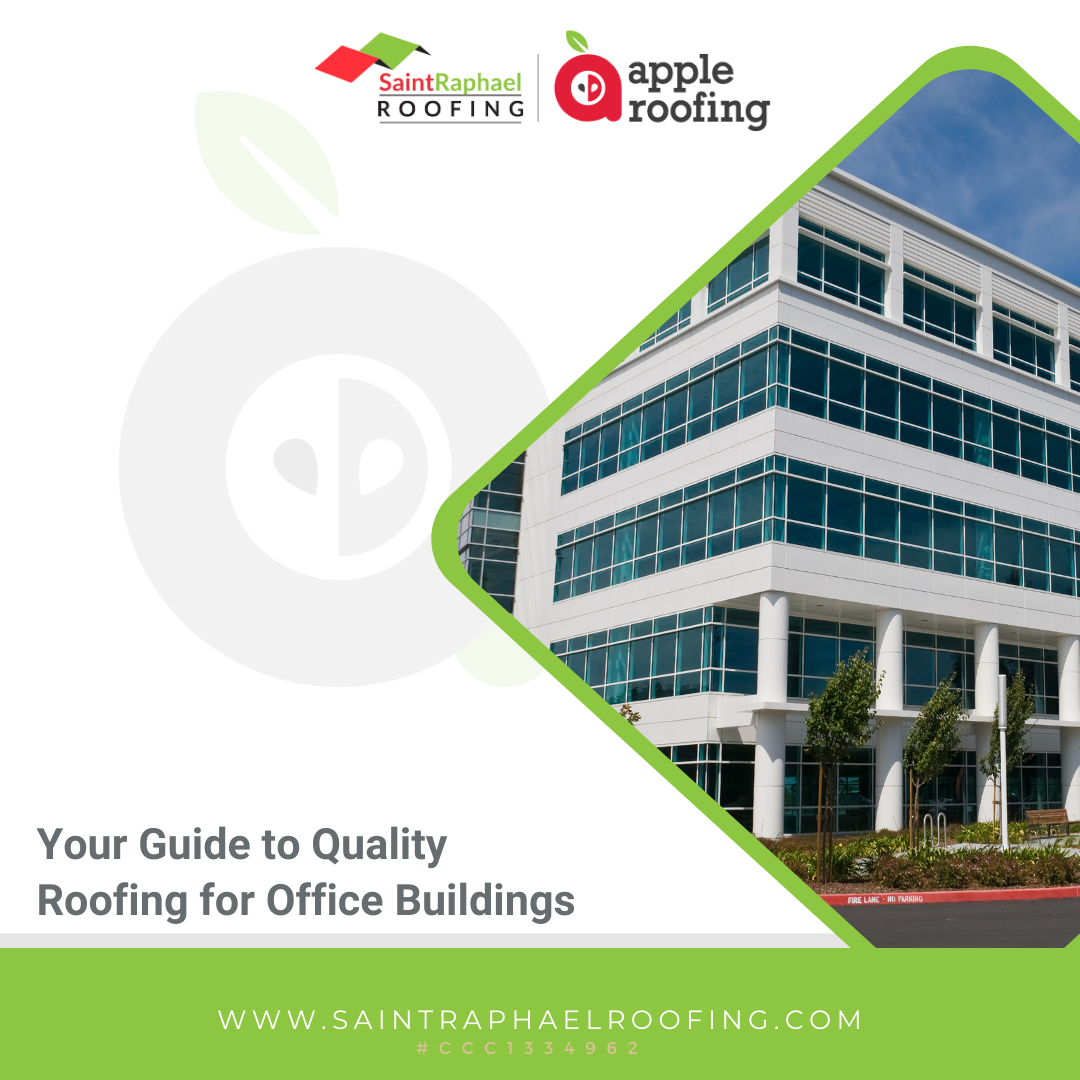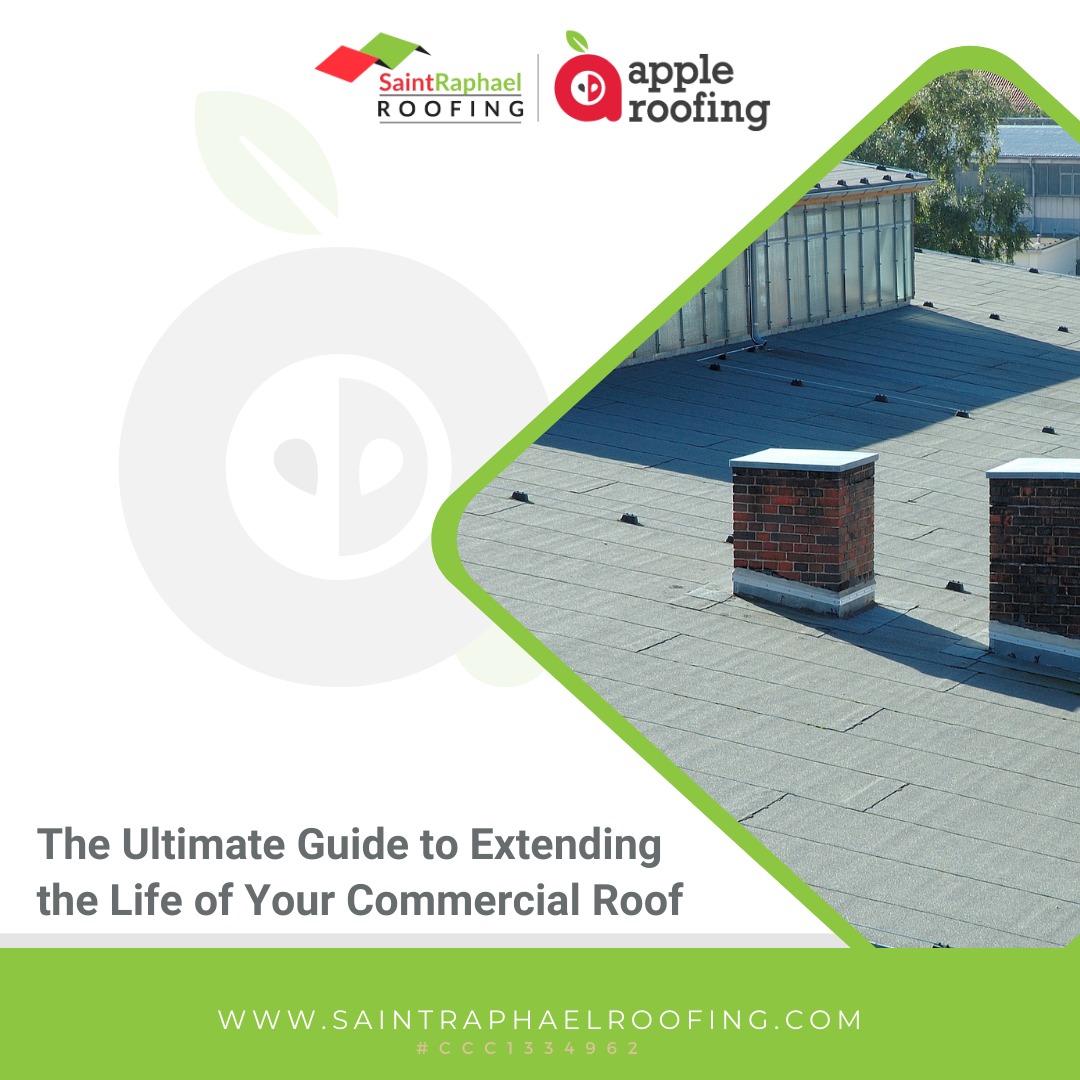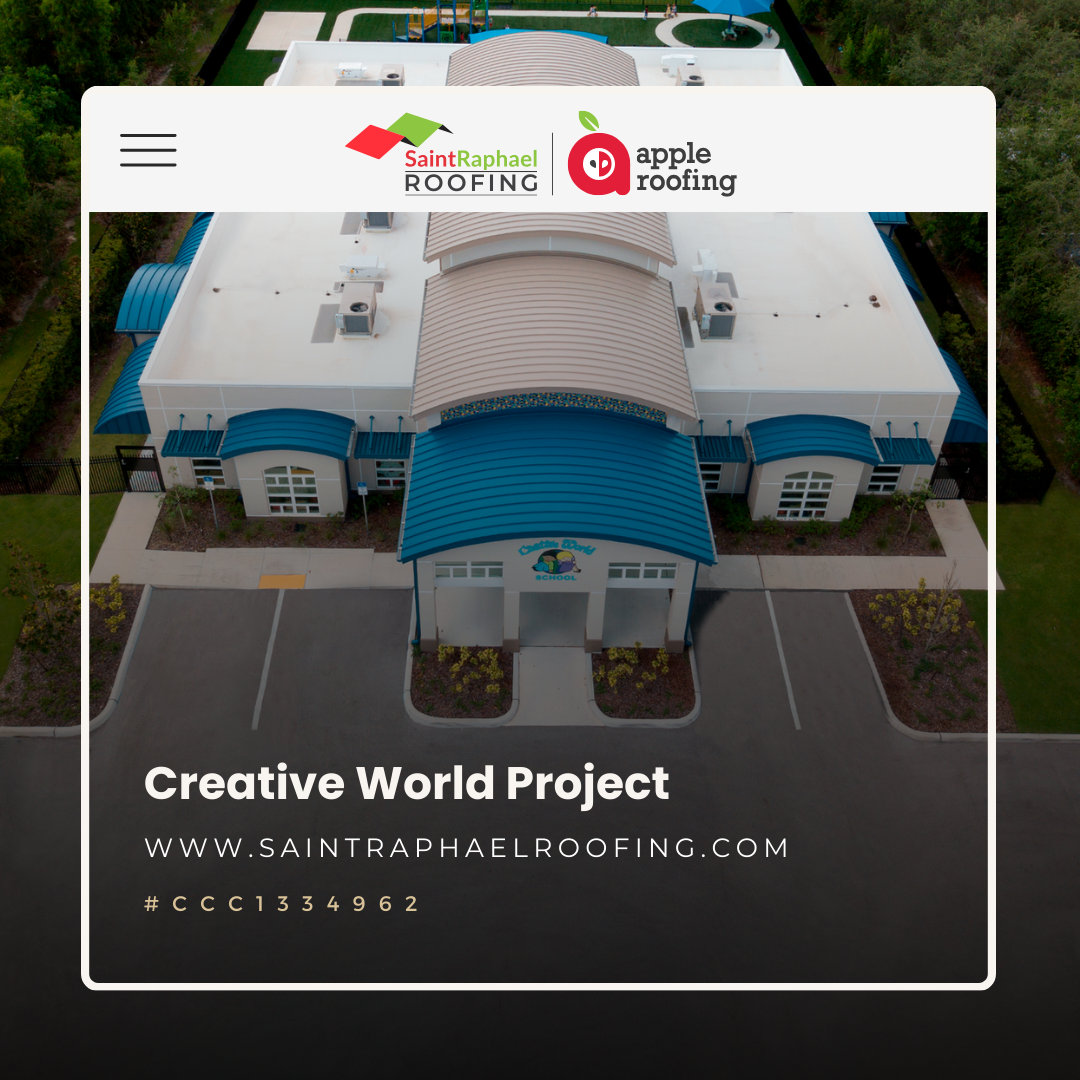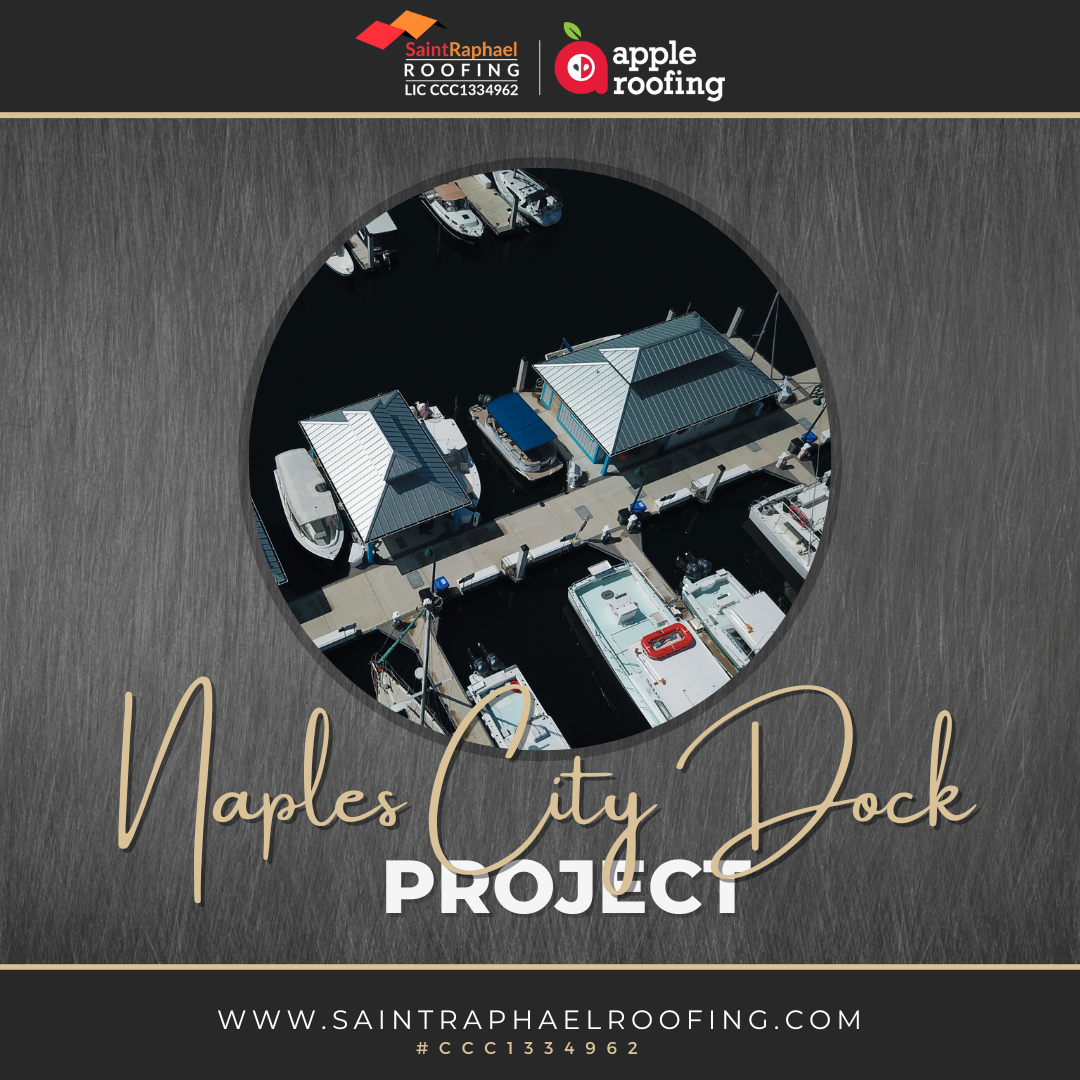When it comes to maintaining a comfortable and energy-efficient home, one of the key factors often overlooked is attic insulation. Proper attic insulation can significantly reduce energy bills, enhance indoor comfort, and extend the life of your HVAC systems. This comprehensive guide will walk you through the essential steps for choosing the right attic insulation material. With the expertise from reliable residential roof repair professionals, you can make an informed decision.
Understanding the Importance of Attic Insulation
A well-insulated attic prevents heat from escaping during the winter and keeps it from entering your home during the summer. This not only helps in reducing energy costs but also ensures a comfortable living space year-round. Attic insulation also plays a vital role in preventing ice dams in colder climates.
Many homeowners are unaware of the different types of insulation materials available and how each can affect their home’s energy efficiency. Understanding these options is crucial for making a well-informed decision.
Types of Attic Insulation Materials
There are several types of attic insulation materials to choose from, each with its own pros and cons. The most common include fiberglass, cellulose, foam board, and spray foam. Let’s delve into each type to understand their unique advantages and limitations.
Fiberglass Insulation
Fiberglass insulation is one of the most popular choices among homeowners. It is made from fine glass fibers and comes in batts, rolls, and loose-fill forms. It is relatively affordable and easy to install, making it a favorite for many DIY enthusiasts.
However, fiberglass insulation can lose its effectiveness if it becomes compressed or wet. It also requires protective clothing and masks during installation to prevent irritation and respiratory issues.
Cellulose Insulation
Cellulose insulation is made from recycled paper products and is often treated with fire retardants. It is an eco-friendly option and provides excellent thermal and sound insulation. It comes in loose-fill form, making it ideal for irregularly shaped spaces and hard-to-reach areas.
Despite its benefits, cellulose insulation can settle over time, reducing its effectiveness. It also tends to be more expensive than fiberglass, making it a less popular choice for budget-conscious homeowners.
Foam Board Insulation
Foam board insulation is made from polystyrene, polyisocyanurate, or polyurethane. It provides excellent thermal resistance and is often used in both new construction and retrofit projects. It is available in various thicknesses and can be cut to fit any space.
The main drawback of foam board insulation is its cost. It is more expensive than fiberglass and cellulose, but its superior performance can make it a worthwhile investment in the long run.
Spray Foam Insulation
Spray foam insulation is a versatile option that expands upon application, filling gaps and providing a tight seal. It is ideal for irregular spaces and offers excellent thermal resistance.
However, spray foam insulation is the most expensive of the four options. Installation requires professional expertise, which adds to the overall cost. It is also worth noting that not all spray foams are eco-friendly, so it’s important to choose the right product.
Factors to Consider When Choosing Attic Insulation
R-Value
The R-value measures the insulation’s resistance to heat flow. A higher R-value indicates better thermal performance. The recommended R-value for attic insulation varies depending on your climate. For example, homes in colder climates require higher R-values than those in warmer regions.
When considering different insulation materials, be sure to compare their R-values to ensure you’re getting the best performance for your needs.
Installation Difficulty
Some insulation materials are easier to install than others. Fiberglass batts and rolls are relatively straightforward for DIY projects, while spray foam and foam board require professional installation. Consider your level of expertise and whether you’re willing to hire professionals.
Cost
Budget is a crucial factor for most homeowners. While fiberglass and cellulose are generally more affordable, foam board, and spray foam offer superior performance but at a higher cost. Weighing the cost against the long-term energy savings and benefits can help you make an informed decision.
The Role of Professional Residential Roof Installation Services
Choosing the right attic insulation material is just one part of the equation. Professional installation ensures that the material is applied correctly and effectively. Many local roofing companies offer insulation services alongside their regular roofing work.
Engaging with professional residential roof installation services can provide peace of mind. They bring expertise and experience to the table, ensuring that your attic insulation is installed to the highest standards.
Energy Efficiency and Comfort
One of the main reasons to invest in quality attic insulation is to improve your home’s energy efficiency. Proper insulation reduces the workload on your HVAC system, leading to lower energy bills and a more comfortable living environment.
Reliable residential roof repair specialists can perform an energy audit to identify areas where your home might be losing heat. This can help you make targeted improvements that enhance overall efficiency.
The Importance of Regular Inspections
Once your attic insulation is installed, it’s essential to maintain it properly. Regular inspections by residential roofing services can identify any issues, such as moisture intrusion or settling of insulation materials. These inspections can help prolong the life of your insulation and maintain its effectiveness.
Scheduling routine residential roof inspection services can catch potential problems early, preventing costly repairs down the line.
Emergency Repairs and Maintenance
Life is unpredictable, and sometimes emergency situations arise that can compromise your attic insulation. Whether it’s a roof leak, storm damage, or another unexpected event, emergency roof repair services are crucial.
Contacting same-day emergency roof repair professionals can quickly address any damage, preventing further issues and ensuring your insulation remains effective.
Conclusion
Choosing the right attic insulation material involves considering various factors, including R-value, installation difficulty, cost, and climate. Each type of insulation—fiberglass, cellulose, foam board, and spray foam—has its unique advantages and limitations. Professional installation and regular maintenance are essential to ensure long-term effectiveness.
Apple Roofing LLC dba Saint Raphael Roofing, is your trusted partner in roofing, offering comprehensive services including emergency roof patching and reliable residential roof repair. Our team of experts can guide you through the process of choosing and installing the right attic insulation material, ensuring your home remains comfortable and energy-efficient.

